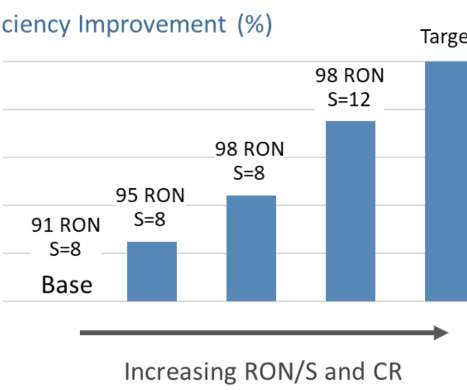NREL study probes emissions impact of butanol-gasoline blends in light-duty vehicles
Green Car Congress
NOVEMBER 26, 2013
Results of a study led by a team from the National Renewable Energy Laboratory on the impact of butanol-gasoline blends on light-duty vehicle emissions suggest that widespread deployment of n-butanol or i-butanol in the gasoline pool could result in changes to the estimated emissions of alcohols and carbonyls in the emissions inventory.














Let's personalize your content